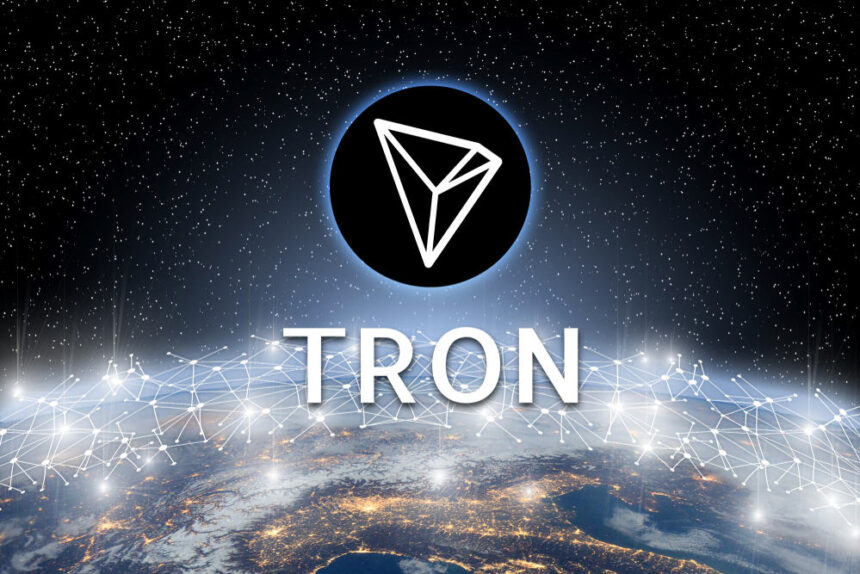Proposal to Adjust Tron Blockchain Fee Structure Gains Momentum
A GitHub proposal aimed at realigning the fee structure of the Tron blockchain with broader adoption objectives is gaining traction ahead of the voting deadline on Friday. This indicates that network stakeholders are emphasizing accessibility, even if it means potentially introducing net inflation to the TRX supply.
The proposal, titled “Decrease the transaction fees” (Issue #789), was put forward on August 8 by GitHub user GrothenDI in the Tron Improvement Proposals repository.
This proposal advocates for lowering the energy unit price from 210 sun to 100 sun, effectively halving the transaction costs associated with energy consumption. One TRON (TRX) token is equivalent to 1,000,000 sun, which represents the smallest divisible unit of TRX, akin to a satoshi in Bitcoin (BTC).
If approved, this adjustment is anticipated to enhance user accessibility by decreasing the TRX needed for each transaction. Estimates indicate that the change could make the network affordable for nearly 45% more users, especially in high-volume scenarios like stablecoin transfers.
The proposer referenced historical evidence, noting that after Proposal #95, which reduced energy costs by 50% in 2024, the network experienced a notable rise in new smart contract deployments. This suggests a strong connection between lower fees and ecosystem expansion.
However, this update does come with its risks. At the current rate of 210 sun per energy unit, Tron manages to achieve a net burn of around 76 million TRX. Lowering the rate to 100 sun could potentially reverse this trend, resulting in net inflation unless transaction volumes increase sufficiently to counterbalance the reduced burn rate.
Voting on the proposal started on Tuesday and will conclude on Friday. It was logged on the Tron Blockchain Explorer as Proposal #104.
As of Wednesday, the proposal had garnered 17 votes in favor, with support from Chain Cloud, CryptoChain, Nansen, HTX.com, P2P.org, and Tron Alliance, while 10 participants had yet to cast their votes. Given the current momentum, the proposal is expected to pass.
According to Tron’s governance rules, a proposal requires approval from at least 18 of the 27 Super Representatives, who are the elected block producers accountable for generating blocks and validating transactions on the network.
Launched in 2017, Tron is one of the rare blockchains that has managed to grow its presence across multiple market cycles.
Presently, it ranks as the ninth-largest blockchain by market capitalization, valued at $33.1 billion, as reported by CoinMarketCap. The network has also made significant strides in the stablecoin market, with its stablecoin supply increasing by 40% since the beginning of the year.




















